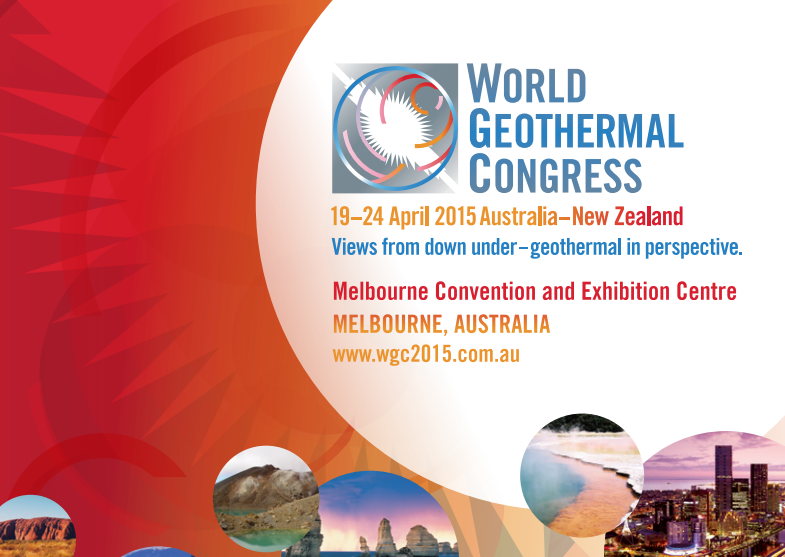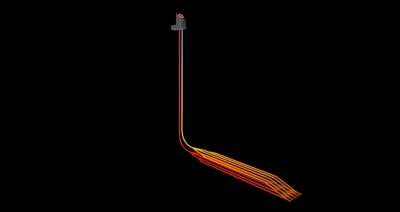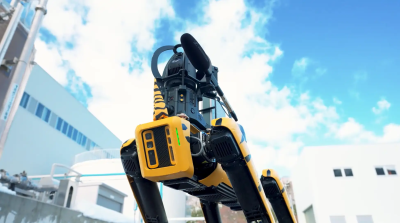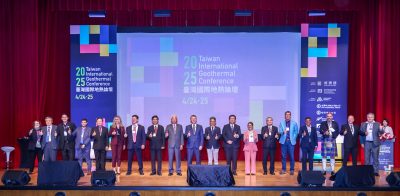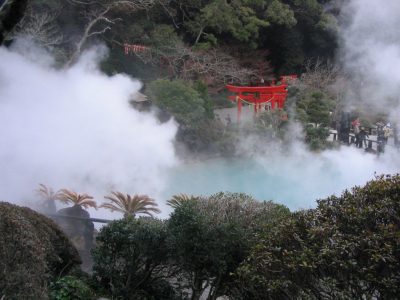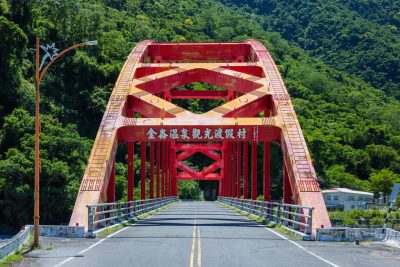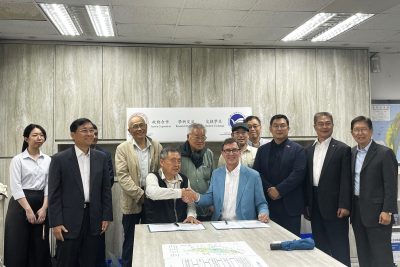Several short courses announced for WGC 2015
The International Geothermal Association offers 4 pre-conference short courses in Melbourne from 18-19 April 2015 and one post-conference short course from 26-28 April in New Zealand.
The International Geothermal Association offers 4 pre-conference short courses in Melbourne from 18-19 April 2015 and one post-conference short course from 26-28 April in New Zealand, as announced by IGA in April.
The course outlines are presented below:
1. Geothermal Well Drilling, Completion and Testing
WGC 2015 Pre-conference Short Course 18/19 April 2015, Convener: Miklos Antics
The formation and reservoir conditions that characterise geothermal systems require the adoption of drilling practices that differ form those utilised in conventional oil, gas and water well drilling operations. Temperature, Geology, and Geochemistry are the principal areas of difference.
Contrary to current oil and gas practice, drilling and completion of high enthalpy, dry and flashed steam, wells address non sedimentary volcano-tectonic settings and hard and abrasive rock environments, often exhibiting massive circulation losses. Such is not the case of low to medium enthalpy geothermal wells which, in most instances, are completed in sedimentary reservoirs, therefore applying straightforwardly standard petroleum drilling technology. However, completion designs should differ; as a matter of fact geothermal completions aim at maximizing fullbore well delivery, whereas hydrocarbon production, at least one order of magnitude lower than its geothermal counterpart, is in general completed inside the wellbore via a tubing-packer-safety valve-perforated casing/cement suite. The course aims at introducing typical geothermal drilling conditions, and the drilling, completion and testing practices that have been developed to optimise geothermal well construction.
2. Scaling and Corrosion in Geothermal Development
WGC 2015 Pre-conference Short Course 18/19 April 2015, Convener: Dr. Kevin Brown
This course will cover related topics of mineral scaling and corrosion in geothermal power development. It will cover the background chemistry of the common scaling minerals and discuss chemical and engineering treatment options to avoid or cope with these deposits in both binary and flash plants. Using thes techniques, it is possible to operate well beyond the saturation level of these minerals, which can lead to an increase of over 50% in available power production. Engineering options based on experience in New Zealand to test possible treatment methods will be introduced.
The course will provide a link between the corrosion chemistry of geothermal fluids and materials performance. It will cover principle damage mechanisms, corrosion monitoring and materials selection for total asset management in geothermal power plants and will include an introduction to risk based assessment and inspection of aging plant. Examples of recent activities in monitoring of corrosion the new processes that provide improved efficiency mentioned above will be discussed. Future challenges facing geothermal developers interested in aggressive acidic and volcanic environments will also be considered.
The course is aimed at scientists and engineers working in the geothermal industry and will have particular relevance for power station operation.
3. Reservoir Engineering Short Course, Melbourne, April 2015
WGC 2015 Pre-conference Short Course 18/19 April 2015, Convener: Dr. Juliet Newson
Understanding and managing geothermal reservoirs is central to any geothermal energy project. This course presents introductory reservoir physics, and the important aspects of managing a geothermal reservoir as given below:
Reservoir Physics:
Fluid thermodynamics and heat and mass flows in reservoirs, reservoir boundaries.
Reservoir management:
Operational management
- well completion,
- pressure transient tests,
- onsent-related monitoring.
Well intervention and stimulation-techniques to improve productivity of wells.
Reinjection.
Reservoir analysis and how it relates to economics
- building a business case based on reservoir engineering data and modeling.
4. Electricity generation from low-temperature geothermal resources, Melbourne, April 2015
WGC 2015 Pre-conference Short Course 18/19 April 2015, Convener: Dr. Páll Valdimarsson
Aim of the course is to shed light on the production of power from a low temperature heat source, the available methods, the energy and exergy flows in the plants as well as basic economics of such plants. A summary of the content is given below:
- A review of the thermodynamics.
- Power generation-high and low temperature plants, and alternatives to binary plants.
- Binary power plants-the influence of the source and hot end boundary conditions, scaling and secondary heat process requirements, influence of NCGs.
- Binary power plant cycles-variations of the Organic Rankine Cycle; the Kalina Cycle.
- Binary power plant components-energy and exergy transfer, and mechanical design.
- Exergy and thermoeconomics-an extremely powerful tool to optimize the design of power plants. Other methods, such as pinch analysis and non-linear programming are briefly discussed.
- Cogeneration of heat and electricity-different cogeneration schemes are presented, and the importance of minimizing the power generation loss is emphasized.
- Hybrid plants-Different ways to combine binary and flash plant are discussed.
- Operational experience and case studies.
5. Geothermal Policy and Implementation-The New Zealand Example
WGC 2015 Post-conference Short Course 26-28 April 2015 (including field trip on 28 April). Venue: Taupo NZ, Convener: Mr. Noel Kortright
New Zealand has a unique regulatory framework and policy for the use and development of geothermal resources, which integrates resource allocation and control of environmental effects under a single piece of legislation. The course outlines the development of the regulatory framework since the introduction of the Resource Management Act in 1991, including the responsibility and roles of government and regulatory authorities. Responsibility for administrating the geothermal regulations has been devolved to regional rather than central government to a large degree. The course covers the process that regional authorities use to classify geothermal systems including determination of geothermal systems that can be developed and plans and rules relating to different system classifications.
Practical examples of the consenting process for geothermal developments are provided including, management of resource requirements (including personnel and costs) through the stages of the consenting process. Managing and monitoring effects of developments and mitigation options are outlined.
The New Zealand regulatory framework and process compared with those of other countries are briefly discussed, including the South Australian approach which in some ways represents the other end of the spectrum from New Zealand.
Information will be delivered in an informal, interactive manner fully encouraging questions and discussion.
Details on the IGA Website
